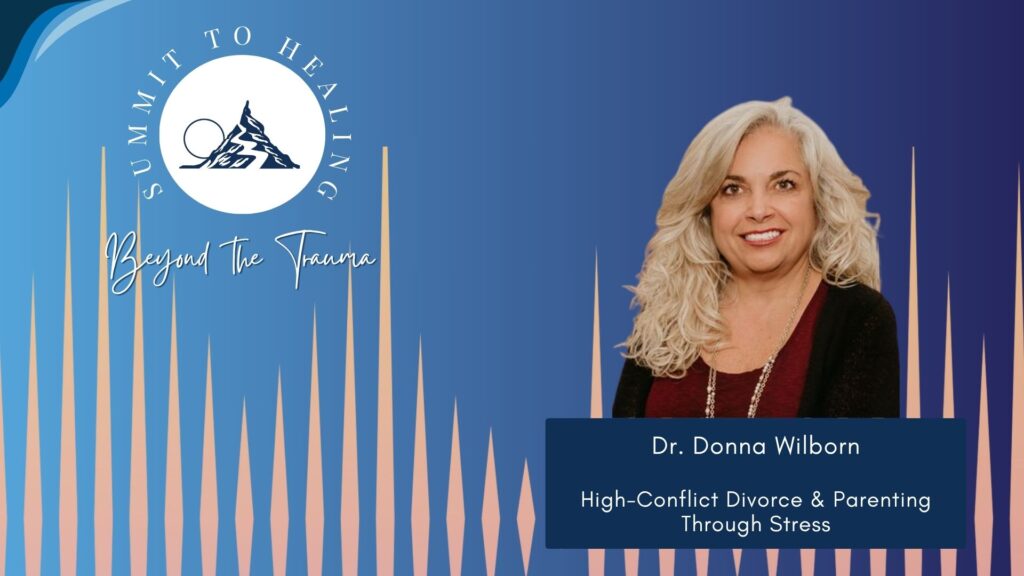Parenting is hard enough on a good day—but when you’re navigating high-conflict dynamics, the stress can feel unrelenting. Whether you’re in the middle of a divorce, co-parenting with someone emotionally reactive, or simply holding the weight of it all on your shoulders, your nervous system is likely on high alert.
And while you’re doing your best to keep things together, your child feels it—every moment of tension, every emotional shutdown, every time you’re too overwhelmed to be fully present.
But here’s the truth:
Protecting your peace is not a luxury—it’s a necessity.
Not just for your own mental health, but for your child’s emotional safety and long-term wellbeing.
In this post, we’ll explore:
- The emotional toll of high-conflict parenting on both you and your child
- What triangulation looks like (and why it’s more common than you think)
- Why your calm is their anchor—and how to protect it
- A free mental health resource to help you reset and reconnect with yourself
You don’t need to be perfect. But you can be present, grounded, and emotionally safe—even in the middle of chaos.
Let’s talk about how.
The Emotional Fallout of High-Conflict Co-Parenting
Divorce doesn’t always end the conflict. In fact, for many families, the tension continues through co-parenting, legal battles, and emotional reactivity. And when that conflict spills over into parenting? Kids absorb it.
One of the most common and damaging patterns is triangulation—pulling children into adult issues or using them as messengers, emotional validators, or weapons. Whether it’s passive comments or outright manipulation, triangulation creates confusion and stress for children. It can cause long-term emotional harm, including anxiety, depression, and emotional shutdown.
Why Your Nervous System Becomes Their Baseline
Here’s the part that matters most:
When you are stressed, your kids don’t just witness it—they feel it.
Chronic parental stress can cause:
- Impatience and irritability
- Emotional disconnection
- Poor communication
- Difficulty maintaining routines
And over time, it becomes the emotional climate your child grows up in. Even if you’re doing your best, a dysregulated nervous system makes it hard to connect, co-regulate, and respond intentionally.
That’s why protecting your peace isn’t selfish. It’s protective.
A New Podcast Episode with Dr. Donna Wilburn

In the latest episode of Summit to Healing: Beyond the Trauma, I sat down with Dr. Donna Wilburn to talk about:
- What triangulation looks like in real life
- How high-conflict parenting affects children’s mental health
- The signs of emotional shutdown in kids
- How to co-parent without pulling kids into the middle
- What calm parenting actually looks like—even in chaos
Listen to the full episode here → SPOTIFY or YOUTUBE and More here
Your Calm Becomes Their Safety
Let this be your reminder:
You don’t have to parent perfectly.
But when you slow down and regulate yourself, you teach your kids how to do the same.
Your peace matters.
Their mental health depends on it.
And small shifts in your own awareness can make a lasting difference in their world.
